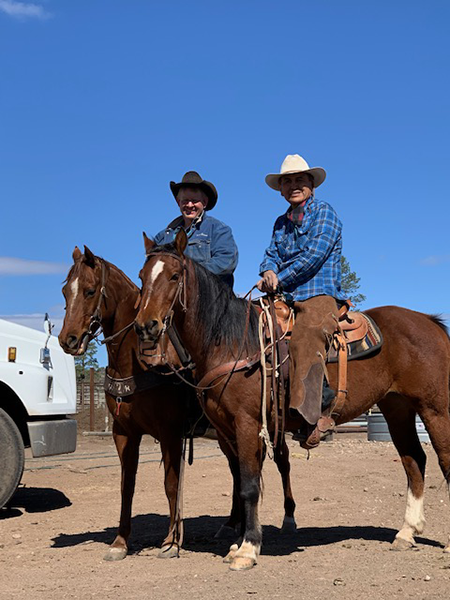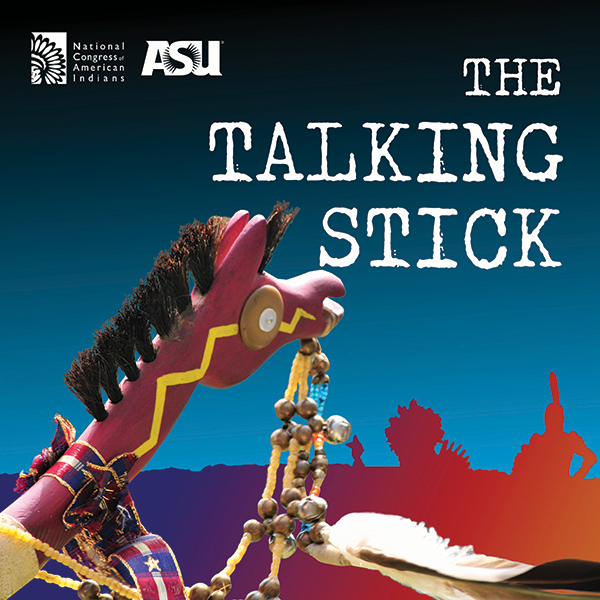Salt River Pima-Maricopa Indian Community
Scottsdale, AZ
Closing: 5/17/19 11:59 PM
Definition:
Participates and as required, may preside over criminal, civil and juvenile appeal hearings as part of the SRPMIC Appellate Court. Responsible for the fair and impartial administration of justice pursuant to the judicial powers granted by the Salt River Pima-Maricopa Indian Community (SRPMIC) and in ensuring SRPMIC adherence to applicable Federal, Tribal and other relevant laws and ordinances. The Associate Justice is appointed by the Council.
Examples for Tasks:
1. The Associate Justice will sit on an appeals panel to hear cases brought before the Appellate Court. Facilitates and ensures all applicable rules of evidence and other judicial requirements are followed by all parties involved in the tribal court’s decision.
2. As required, monitors timelines for filings of briefs, motions and/or other steps and processes within the Appellate process. Schedules briefings and determines compliance to timelines and time frames of all court procedures.3. Grants or denies requests for extensions, issues an Opinion, Memorandum or Order within established timeframes.
4. Reviews processes, procedures, rulings and other activities including verdicts/final judgments from the trial court along with requests for non-final orders or judgments. Reviews record on appeal as prepared by trial court clerk.5. Reviews briefs, memoranda and other submitted documents to evaluate and determine if applicable rules of evidence and other judicial requirements were followed by all parties involved in the tribal court’s decision.
6. May issue ancillary orders and approve/disapprove Amicus Curiae briefs requested to be filed.7. Performs other job related duties as assigned to maintain and enhance Community Appellate Court operations.
Qualifications:
Education & Experience: The applicant shall meet all the qualifications as set for in Chapter 4, Article 2, 4-32 (2) (a), (b), (d), (e), (h), (i) and (k), as well as Section 4-88(2) of the SRPMIC Code of Ordinances as amended. Such qualifications include:
1. Must be thirty (30) years of age or older;
2. Possessing a two (2) year degree (Associate of Arts, certificate, etc.) or higher preferably in a law related field (e.g., law degree, criminal justice, administration of justice, police science, paralegal) OR having at least three (3) years consecutive bench experience within the past five (5) years of appointment to the bench;3. Must have at least five (5) years of judicial or law-related experience;
4. Preference will be given to candidates who are members of the Salt River Pima-Maricopa Indian Community, the Gila River Indian Community, the Ak-Chin Indian Community or the Tohono O’odham Nation, or other federal recognized tribe.
5. Preference will also be given to candidate with prior tribal court judicial experience.6. Having never been convicted of a felony in any jurisdiction, and having not been convicted of a misdemeanor within five (5) years of the date of the judicial application filed with the SRPMIC Council. A misdemeanor shall be conviction of the type of behavior proscribed in Chapters 6 and 10 and 16-231 through 16-236 of Chapter 16 (Dealing with DWI and Reckless Driving) of the SRPMIC’s Code of Ordinances, whether committed on the Salt River Pima-Maricopa Indian Community or in another jurisdiction;
7. Be of good moral character, and in determining character, the SRPMIC Council shall consider, among other things, the laws, customs and traditions of the SRPMIC;8. Familiar with the customs and traditions of the Akimel O’odham and Xalychidom Piipaash people and how those customs and traditions can be applied to the matters pending before the Community Court;
9. Serving a one (1) year probationary period;10. Having never been removed for good cause from a judge position in any jurisdiction;
11. Being subject to the SRPMIC Court Rules of Professional Conduct, Section 2 Judicial Rules of Professional conduct and as these rules may be amended.
“SRPMIC is an Equal Opportunity/Affirmative Action Employer” Preference will be given to a qualified Community Member, then a qualified Native American and then other qualified candidate.
In order to obtain consideration for Community member/Native American preference, applicant must submit a copy of Tribal Enrollment card or CIB which indicates enrollment in a Federally Recognized Native American Tribe by one of the following methods:1) attach to application2) fax (480) 362-58603) mail or hand deliver to Human Resources.
Applications may be filed online at: http://www.srpmic-nsn.gov/employment
To download full job description, click here.


